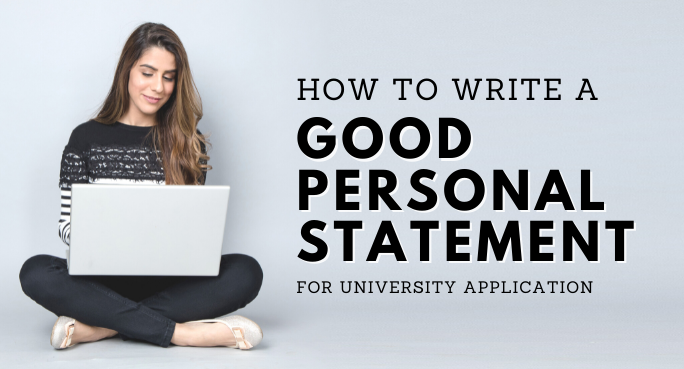How to Write a Standout Personal Statement for University Applications
Introduction
A personal statement is a crucial component of your university application. It’s your opportunity to showcase your personality, achievements, and aspirations to admissions committees. Crafting a standout personal statement can set you apart from other candidates and significantly enhance your chances of acceptance. Here’s a step-by-step guide to help you write an impressive personal statement.
1. Understand the Purpose
- Highlight Your Unique Qualities: The personal statement should convey what makes you unique. Focus on your experiences, strengths, and aspirations that align with the university’s values and programs.
- Showcase Your Motivation: Demonstrate your passion for the field of study you’re applying for. Explain why you’re interested in the subject and how it aligns with your long-term goals.
2. Research the University and Program
- Understand Their Values: Research the university’s mission, values, and culture. Tailor your personal statement to reflect how you fit with their ethos.
- Know the Program Requirements: Familiarize yourself with the specific requirements and focus areas of the program you’re applying for. Highlight how your experiences and goals align with these aspects.
3. Plan Your Content
- Outline Your Statement: Create an outline to organize your thoughts and ensure a logical flow. Typically, a personal statement includes an introduction, body, and conclusion.
- Choose Key Themes: Focus on a few key themes or experiences that demonstrate your suitability for the program. Avoid trying to cover too many topics.
4. Write a Compelling Introduction
- Grab Attention: Start with a strong opening that captures the reader’s attention. This could be a personal anecdote, a defining moment, or a statement of your passion for the field.
- Set the Tone: Establish a tone that reflects your personality and enthusiasm. Make sure it’s engaging and relevant to the program.
5. Develop the Body
- Highlight Achievements: Discuss your academic achievements, relevant experiences, and skills. Provide specific examples that showcase your abilities and how they’ve prepared you for the program.
- Explain Challenges: If applicable, mention any challenges you’ve faced and how you’ve overcome them. Show resilience and growth.
- Connect Your Experiences: Demonstrate how your experiences have shaped your goals and aspirations. Explain how these experiences have led you to pursue this particular field of study.
6. Write a Strong Conclusion
- Summarize Key Points: Recap your main achievements and experiences. Reinforce why you’re a strong candidate for the program.
- Express Enthusiasm: End with a statement that reaffirms your passion for the field and your commitment to succeeding in the program.
7. Edit and Revise
- Review for Clarity: Ensure your statement is clear and concise. Avoid jargon or overly complex language.
- Check for Errors: Proofread for grammatical errors, typos, and spelling mistakes. Consider using grammar-check tools or seeking feedback from others.
- Seek Feedback: Ask teachers, mentors, or peers to review your personal statement. Their insights can help you refine your content and presentation.
8. Tailor Each Statement
- Customize for Each University: If you’re applying to multiple universities, tailor each personal statement to the specific program and university. Highlight aspects that are unique to each institution.
9. Stay Authentic
- Be Genuine: Your personal statement should reflect your true self. Avoid exaggerating or presenting yourself in a way that doesn’t align with your actual experiences and goals.
- Show Your Voice: Let your personality shine through in your writing. Admissions committees want to get to know you beyond your grades and test scores.
10. Follow Guidelines
- Adhere to Requirements: Follow any specific guidelines provided by the university, such as word limits, formatting, and submission procedures.
- Meet Deadlines: Ensure that you submit your personal statement by the application deadline. Late submissions may not be considered.
Conclusion
A standout personal statement can make a significant impact on your university application. By understanding the purpose, planning your content, and staying authentic, you can create a compelling narrative that highlights your strengths and fits with the university’s values.
Call to Action
Start early, draft multiple versions, and seek feedback to refine your personal statement. With careful preparation and thoughtful writing, you can craft a statement that helps you stand out in the application process.






